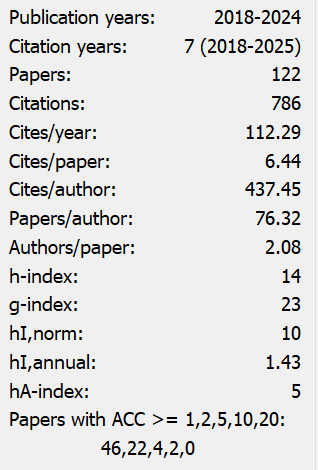Role of SMEs in Lebanese Economy
Abstract
In Lebanon, the majority of organizations work as Small and Medium Enterprises (SMEs). SMEs play an important role in the monetary improvement of numerous countries. This paper utilizes current viewpoints to analyze the variables influencing venture, efficiency and development of SMEs in Lebanon. It explores main factors affecting investment and productivity as follows: flexibility,customers and employee’s relations, motivation of the owners, education of the labour force, access to infrastructure, access to finance, size of firms and other business climate variables. Other business climate variables are insecurity, bribe or corruption, the amount of time that businesses spend dealing with government regulation, poor power availability, etc.
The most concerning issue for small and medium sized enterprises (SMEs) is not the idea or the product provided and neither its customers, but their needs. High costs of operations and office space are basics to the survival of a private venture. Incubators come as a reaction to the necessities of SMEs in key strides of a business, for example, commencement and market entrance. An incubator aims to have a positive effect on the economic health of an area, of a community even on a country.

This work is licensed under a Creative Commons Attribution 4.0 International License.
Copyright for this article is retained by the author(s), with first publication rights granted to the journal.
This is an open-access article distributed under the terms and conditions of the Creative Commons Attribution license (http://creativecommons.org/licenses/by/4.0/).


























